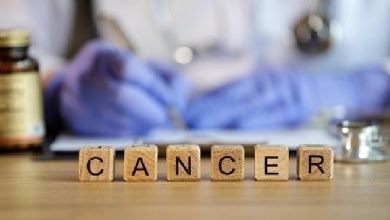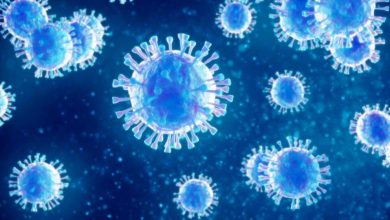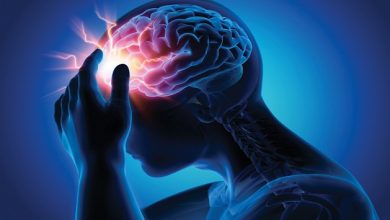
Heart Attack: Scientists have identified a group of proteins to take advantage of cellular programming. Due to which the damage caused to the heart cells can be reduced to a great extent. Scientists discovered how to successfully repair an injury to the heart of a mouse after a heart attack. The findings, conducted at Sanford Burnham Priebis in the US, found that it could help transform the treatment of many diseases, including cardiovascular, Parkinson’s disease and neuromuscular diseases.
The findings of the research have been published in the journal Nature Communications.
what is cellular programming
The cells of the body have the ability to “turn on” and “turn off” selected genes. For example, changing how they look and what they do is the basis of cellular programming. This is an emerging approach to regenerative medicine, in which scientists replace cells to repair damaged or injured body tissue.
“Even if a person survives a heart attack, the heart is still severely damaged, which can lead to other heart diseases,” said Alexander Kolas, assistant professor at Sanford Burnham Prebis and lead author of the research. The risk of further increases.” “Cellular programming, in theory, allows us to control the activity and appearance of any given cell,” he said.
The concept offers great potential for the body to reprogram itself, but barriers to reprogramming mechanisms have prevented science from traveling from the lab to the clinic.
Identification of proteins of four steps
To solve this problem, four types of proteins have been identified in the research, which have been named AJSZ. “By blocking the activity of these proteins, we were able to reduce the damage to the heart and improve heart function by up to 50 percent in mice that had had a heart attack,” Kolas said.
Although the focus of this research was on heart cells, the scientists believe that AJSZ can be found in all cell types. He is sure that this method can lead to better treatment of many diseases. “This breakthrough is an important step toward turning these promising biological concepts into real treatments,” said Colas.
The next step in this research is to explore multiple options for blocking the AJSZ proteins from functioning. About the study, Colas said, “While being able to help the heart heal after severe injury is an important medical need in itself, these findings also pave the way for the large-scale use of cell reprogramming in therapy.” “





